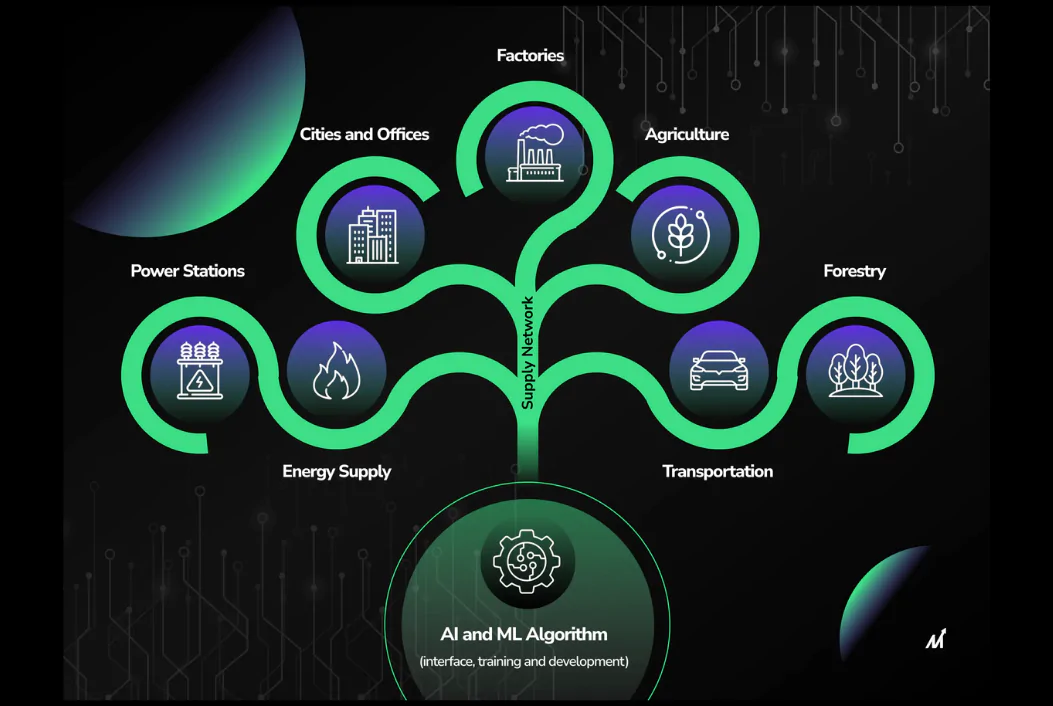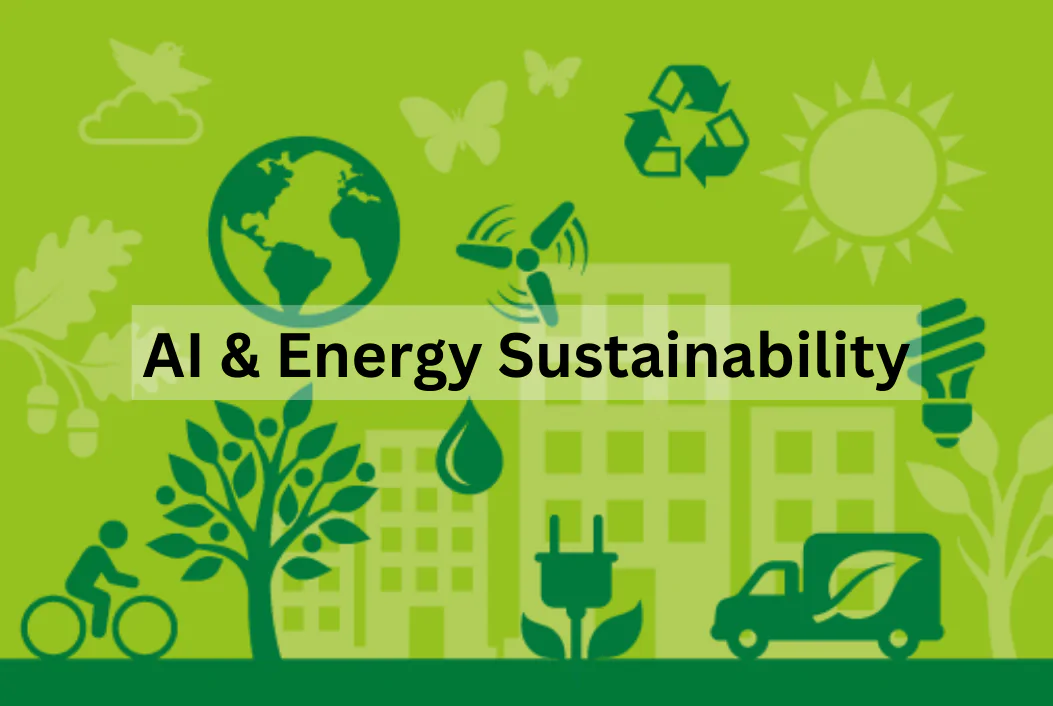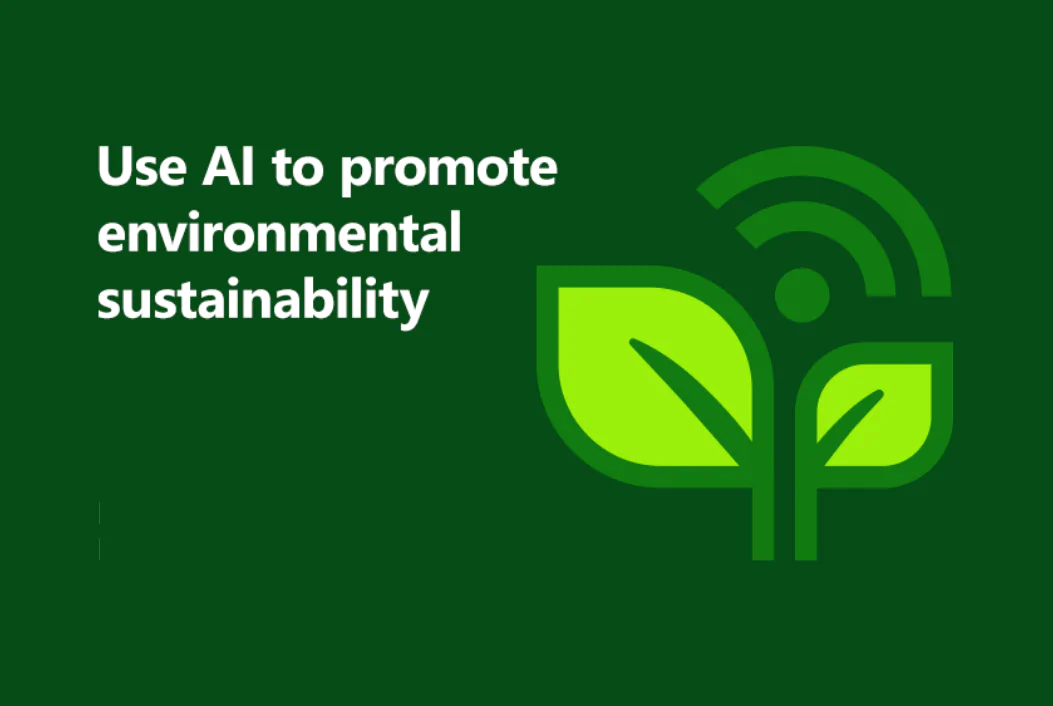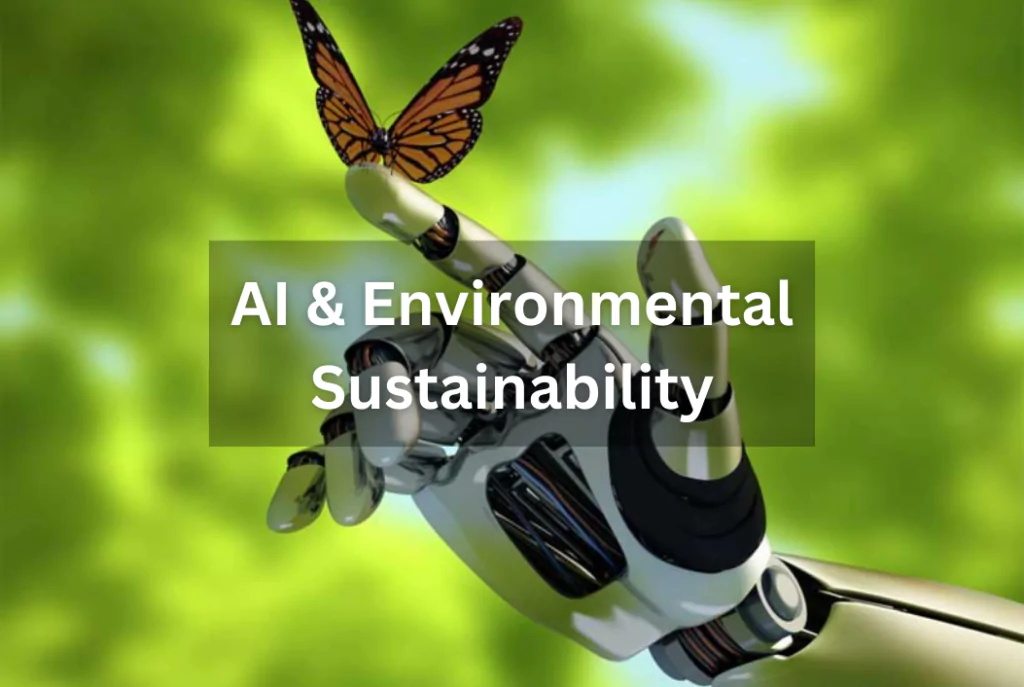Introduction to AI and Environmental Sustainability
Artificial Intelligence (AI) has revolutionized various industries, and its potential in promoting environmental sustainability is no exception. By understanding the basics of AI and the importance of sustainability in the modern world, we can explore the intersection of AI and environmental conservation to drive positive change.
This comprehensive guide explores the diverse applications of AI in promoting environmental sustainability and highlights the importance of ethical considerations in harnessing its potential.
AI Solutions for Sustainable Agriculture
In the realm of sustainable agriculture, AI plays a crucial role in implementing precision farming techniques, monitoring and managing crops effectively, and conserving water resources to ensure a more sustainable future for our food production systems.
-
Precision Farming Techniques
AI-driven precision farming techniques, such as satellite imaging and IoT sensors, enable farmers to optimize resource usage, minimize waste, and enhance crop yields while reducing environmental impact.
-
Crop Monitoring and Management
AI algorithms analyze vast amounts of data, including weather patterns, soil conditions, and crop health, to provide real-time insights for effective crop management and disease prevention.
-
Water Conservation in Agriculture
AI-powered irrigation systems optimize water usage by precisely delivering water to crops based on their needs, conserving this precious resource and mitigating the environmental impact of agriculture.
AI Applications in Sustainable Energy Management
AI offers innovative solutions for sustainable energy management, including smart grid technology, predictive maintenance in renewable energy sources, and energy efficiency optimization strategies to minimize waste and maximize efficiency.
-
Smart Grid Technology
AI algorithms optimize energy distribution and consumption in smart grids, balancing supply and demand, integrating renewable energy sources, and reducing carbon emissions.
-
Predictive Maintenance in Renewable Energy
AI-driven predictive maintenance enhances the reliability and efficiency of renewable energy infrastructure, minimizing downtime and optimizing performance.
-
Energy Efficiency Optimization
AI-based energy management systems analyze data from sensors and devices to identify energy-saving opportunities, helping industries and households reduce their carbon footprint.

AI for Biodiversity Conservation
In the conservation of biodiversity, AI facilitates wildlife tracking and monitoring, habitat restoration programs, and the detection of illegal wildlife trade activities to protect endangered species and preserve our natural ecosystems.
-
Wildlife Tracking and Monitoring
AI-enabled camera traps and satellite imaging facilitate the monitoring and tracking of wildlife populations, aiding conservation efforts and informing habitat management strategies.
-
Habitat Restoration Programs
AI algorithms analyze ecological data to identify areas suitable for habitat restoration, guiding conservation initiatives aimed at restoring degraded ecosystems and enhancing biodiversity.
-
Illegal Wildlife Trade Detection
AI-powered algorithms analyze online marketplaces and social media platforms to detect and combat illegal wildlife trade, safeguarding endangered species from exploitation.
Impact of AI on Energy Sustainability

Smart grids are sophisticated energy systems that combine energy storage and management platforms with sensors and data analytics tools. Utilizing the grid-connected devices, energy-efficient programs are developed that can contribute to energy savings during peak hours. Real-time energy flow and usage monitoring is another benefit of smart grids.
Microgrids
A microgrid is a small-scale energy system that can run independently of the traditional energy grid. Microgrid control systems efficiently manage energy distribution and consumption by utilising artificial intelligence and machine learning. Microgrids are becoming more and more popular because, in contrast to conventional energy grids, they provide seamless integration of renewable sources into the energy grid and energy reliability during emergencies.
Fraud and Power Theft Detection
An estimated $96 billion is lost to electricity theft and fraud each year in the energy and utilities sector worldwide. Energy companies can quickly recognise these anomalies and notify relevant parties for prompt resolution by leveraging artificial intelligence and machine learning. This strategy lowers energy loss, saves money, and protects the assets of energy companies.
Energy Trading
By precisely predicting energy demand and providing traders with the most recent information on energy prices, the application of artificial intelligence (AI) and machine learning can improve the efficiency of energy trading.
Boost Production of Energy
Utilizing machine learning algorithms can help businesses make well-informed decisions regarding where to drill for natural gas and oil. Thus, they are able to maximize well placement and improve output.
Impact of AI on Environmental Sustainability

Clean Fuels & Renewable Energy
As the world concentrates on lowering greenhouse gas emissions and battling climate change, renewable energy and clean fuels are becoming more and more significant. AI is a potent instrument that can aid in managing and maximizing the use of these resources. AI algorithms can precisely forecast the use of renewable resources, control the supply of energy, cut costs and waste while minimizing the impact on the environment, and manage energy demand and distribution by evaluating vast amounts of data on weather patterns, energy distribution, and demand.
Demand for E-Vehicles is Rising
A number of factors, including rising crude oil prices, have contributed to the recent surge in the adoption of electric vehicles (EVs). and increased understanding of how important it is to lessen the effects of climate change. Since they don’t release harmful pollutants like nitrogen oxides and volatile organic compounds, electric vehicles are good for the environment.
Exploring the Intersection of AI and Environmental Sustainability
This section delves into the fundamental concepts of AI and its potential impact on environmental conservation. It discusses how AI technologies can be leveraged to address key sustainability challenges and highlights the importance of integrating AI into environmental initiatives.
AI-Powered Solutions for Climate Monitoring and Prediction
Here, we explore how AI can revolutionize climate monitoring and prediction efforts. By analyzing vast amounts of climate data, AI algorithms can provide more accurate forecasts of extreme weather events, helping communities prepare for and respond to climate-related disasters.
Promoting Circular Economy Practices with AI
Circular economy principles aim to minimize waste and maximize resource efficiency. In this section, we discuss how AI technologies can support the transition to a circular economy by optimizing resource management, facilitating product lifecycle tracking, and promoting recycling initiatives.
Empowering Citizen Science and Environmental Awareness with AI
Citizen science engages the public in environmental monitoring and data collection efforts. AI-enabled apps and platforms can enhance citizen science initiatives by providing tools for data analysis, visualization, and interpretation. This section explores the role of AI in empowering individuals to contribute to environmental research and conservation efforts.
AI for Sustainable Urban Development
Urbanization presents unique sustainability challenges, but AI can offer solutions to promote sustainable urban development. From smart city technologies for traffic management and waste reduction to green infrastructure initiatives and sustainable transportation systems, this section examines how AI can help create more environmentally-friendly cities.
Collaborative Partnerships in AI and Environmental Sustainability
Effective collaboration is essential for driving innovation in AI and environmental sustainability. This section discusses the importance of partnerships between industry, academia, and government agencies in advancing AI technologies for environmental conservation. It also highlights the role of open data initiatives and knowledge sharing platforms in fostering collaboration and accelerating progress in this field.
Ethical Considerations and Challenges in AI for Environmental Sustainability
As we integrate AI into environmental sustainability initiatives, it is essential to address ethical considerations and challenges related to data privacy and security, the impact of AI on jobs in conservation, and ensuring bias-free AI models in green initiatives.
-
Data Privacy and Security Concerns
The collection and analysis of vast amounts of environmental data raise concerns about data privacy and security, highlighting the need for robust safeguards and ethical guidelines.
-
Impact of AI on Jobs in Conservation
While AI offers opportunities to enhance efficiency and effectiveness in conservation efforts, it may also impact traditional roles in environmental management, necessitating reskilling and adaptation.
-
Ensuring Bias-Free AI Models in Green Initiatives
Addressing bias in AI algorithms is crucial to ensuring equitable outcomes in environmental sustainability initiatives, requiring transparency, diversity, and inclusivity in AI development processes.
Summary
In summary, AI has the potential to revolutionize the way we approach environmental sustainability. By leveraging AI technologies in agriculture, energy management, biodiversity conservation, and addressing ethical considerations, we can drive positive change and create a more sustainable future for generations to come.
FAQs
- How is AI different from traditional conservation methods?
AI complements traditional conservation methods by offering advanced tools for data analysis, predictive modeling, and decision support. Unlike traditional methods, AI can process vast amounts of data quickly, identify complex patterns, and provide real-time insights for informed decision-making.
- Can AI really help in combating climate change?
Yes, AI can play a significant role in combating climate change by optimizing resource usage, improving energy efficiency, and informing policy decisions. AI-powered solutions can help reduce greenhouse gas emissions, enhance climate resilience, and facilitate the transition to a low-carbon economy.
- What are some examples of successful AI projects in environmental sustainability?
Examples of successful AI projects in environmental sustainability include:
-
-
- Google’s DeepMind using AI to optimize energy usage in data centers, reducing electricity consumption by up to 40%.
- The Nature Conservancy’s use of AI to identify optimal locations for coral reef restoration, maximizing the impact of conservation efforts.
- Microsoft’s AI for Earth program, which supports projects using AI to address environmental challenges such as biodiversity conservation, climate change, and sustainable agriculture.
-
Remember, the key to harnessing the power of AI for environmental sustainability lies in understanding its capabilities, addressing ethical challenges, and working towards a future where technology and nature coexist harmoniously.
Learn more about AI Tools and Latest Blogs


